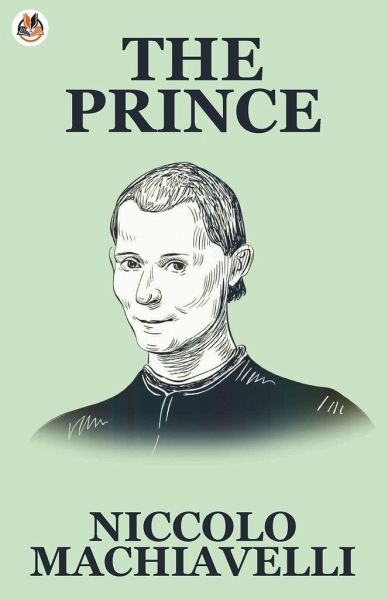
The Prince

PAYBACK Punkte
7 °P sammeln!
Uneasy lies the head that wears the crown. 'The Prince' by Machiavelli is echoes that same sentiment in a very elaborate and well-defined manner with all the dos and don'ts for the people who hold the power to rule the kingdom. Some have argued that at certain places the book hits hard with satire and talks about how not to rule the state but stating the stark opposite. A great compilation of ideas and thoughts, human nature and ethics that have been discussed in great detail to an extent that concepts have been brainstormed upon so well that one find it easy to conclude.













